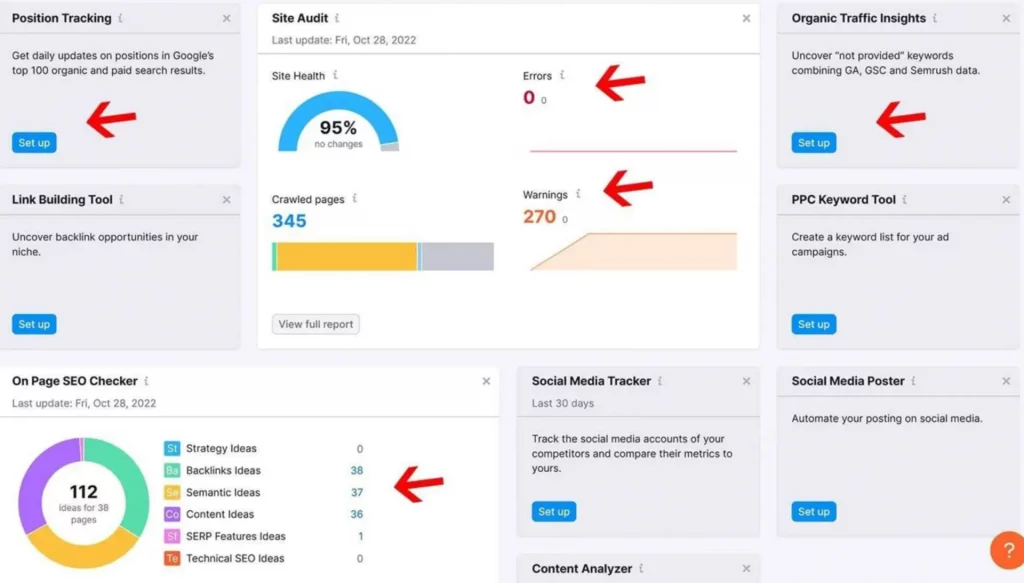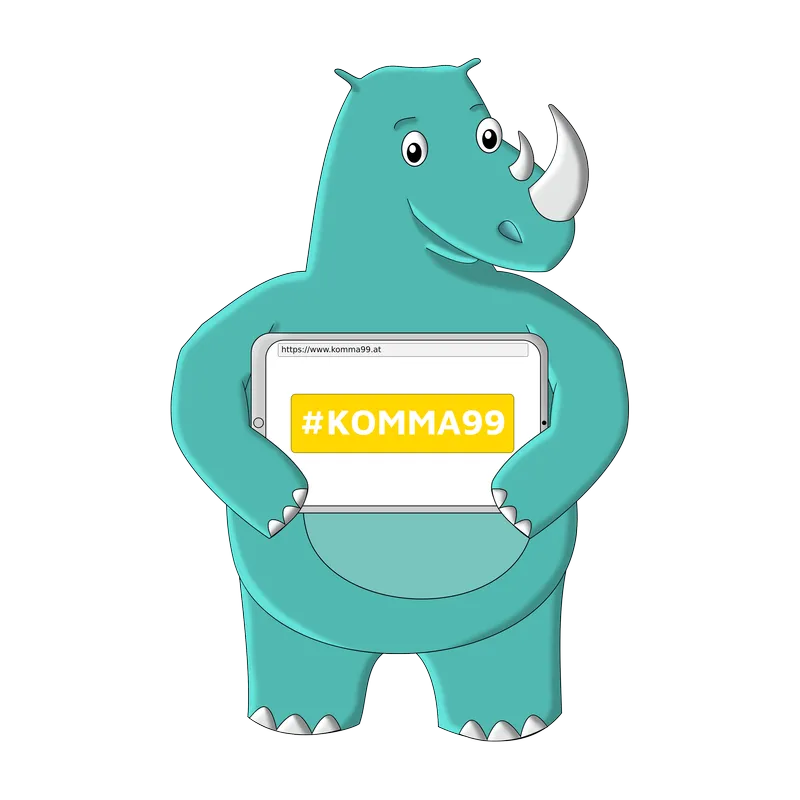What is meant by "ranking"?
Ranking is the placement of a website in a search engine, such as Google, Bing, Yahoo, etc.. With the optimal placement in search engines, the visibility of your website is increased.
How does a ranking work and how does it come about?
The queries for a particular search term, are placed in a sequence of web pages by the search engine. The better your website matches the Ranking factors fits, the further forward it will be ranked in search engines.
The position of your website in the ranking, depends on so-called Keywords. This means that if the keyword changes, your ranking in the search engine may move up or down.
How do keywords influence the ranking of a website?
As mentioned earlier, keywords influence the position of your website in the rankings.
We will gladly show you the effects of a keyword on the ranking, using an example:
A company deals with the topic "pool construction". If the user searches for "pool construction" in the search engine, the company appears at the top of the ranking. However, if the user searches for "pool equipment" or "pool accessories", the company's website slips down the ranking.
As you can see, the use of the right keywords is decisive for the optimal placement in a search engine.
How can I influence a ranking?
Each search engine has different ranking factors. This means that all search engines have their own algorithm and priorities. For this reason, the ranking of your website on each search engine page will be different. The search engine "Google" is the market leader in Germany, Austria as well as in Switzerland. Therefore, it is extremely useful to pay special attention to the specific requirements of Google.
Google - How many ranking factors are there?
This is a question that unfortunately cannot be answered satisfactorily. Google does not reveal the exact details of what the algorithm covers! Even though Google repeatedly mentions how important content is for the user, there is no official list or prioritization of which factors Google uses for ranking the search.
The only fact that is known - there are over 200 ranking factors! It is also speculated that some of the different ranking factors, have variants.
As you can see, there is very little concrete information from Google.
But the fact is: For a good SEO ranking, you need a mix of Best practice, own experience and monitoring.
The most important ranking factors for good SEO
Even though Google does not reveal an official list of ranking factors, one can draw many conclusions. Based on these observations, it is possible to guess which factors are included in the algorithm.
Here's a little graphic of what factors comprise the algorithm:

Content - content is the be-all and end-all
The observations of recent years has shown - The Content is probably the most important factor for Google!
What does it mean now? It's simple! You need to create an understandable, unique and good content. The difficulty lies in customizing the content and making it stand out from the competition. Due to Google's regular algorithm updates, content plays a crucial role. Similarities, used media and other factors are recognized better and better by the artificial intelligence.
Google thus wants to answer user and search intentions with the appropriate search results. Your job now is to anticipate these intentions and respond with ideal content.
Other factors are important for the content
- 1-A content
It is essential to write a good and informative text and to use media. To look serious and professional to potential customers, you should pay attention to error-free and grammatically correct texts!
- Search Intentions
You should make sure that the user finds what he is looking for. Only if the user finds what he is interested in, he will stay on your page! This has a positive influence on your ranking and generates possible deals.
- H1
Is the main headline and the most important formatting of your content. This should be kept short and contain the most important keywords. The H1 is a confirmed ranking factor!
- Structure
Headings make your text look clearer. It is more nicely structured and easier for the user to read. Use subheadings (H2, H3, ...), media, tables, lists, paragraphs, links, etc.
- Length
The length of your text is probably not a ranking factor. However, you should orientate yourself on your competitors. The advantage of longer texts is to include the necessary keywords and to pack more information into your text.
- Readability
Your text should be adapted to your target group. Here you can use the Fleshindex as a guide.
- Keywords
The search terms should appear in your text in a meaningful way. Subheadings are good for this. But beware - NO keyword stuffing!
- Optimization
Term optimization (WDF*IDF) could possibly be a ranking factor. Also, the optimization can help you find useful and relevant terms and include them in the content.
- Questions and answers
By asking and answering questions, you can add value to a topic. Furthermore, the advantage is that you give the user more information and he does not leave your page. You can highlight the appropriate answers or use infoboxes.
Bad content, poorly structured texts and many errors will cause your ranking to slip backwards!
Media also help with your ranking
Media are also a ranking factor and therefore must not be missing.
Here, too, however, there are a few things to keep in mind:
- The images must match the content.
- By setting alt texts, you provide search engines and screen readers with a description of the image subject. Describe your image with five to ten words that contain your keywords.
- Use image headlines. These should ideally describe the image and contain keywords.
- Watch the size! Large file sizes are unfavorable for mobile devices.
- It is best to use your own photos. This looks more serious and friendly to the user.
Tip: Ideal for Google are currently aspect ratios of 16:9, 4:3 and 1:1.
Title and meta-description
Meta information is partly relevant for ranking.
Page Title/Meta Title
Here you have only 56 - 60 characters at your disposal. You should make sure to use your most important keyword here.
Meta description
The meta description is used to attract the user to your page with short information. Therefore, you should use a meaningful description, otherwise Google will simply replace it.







